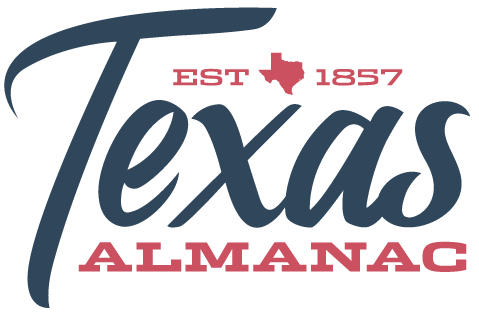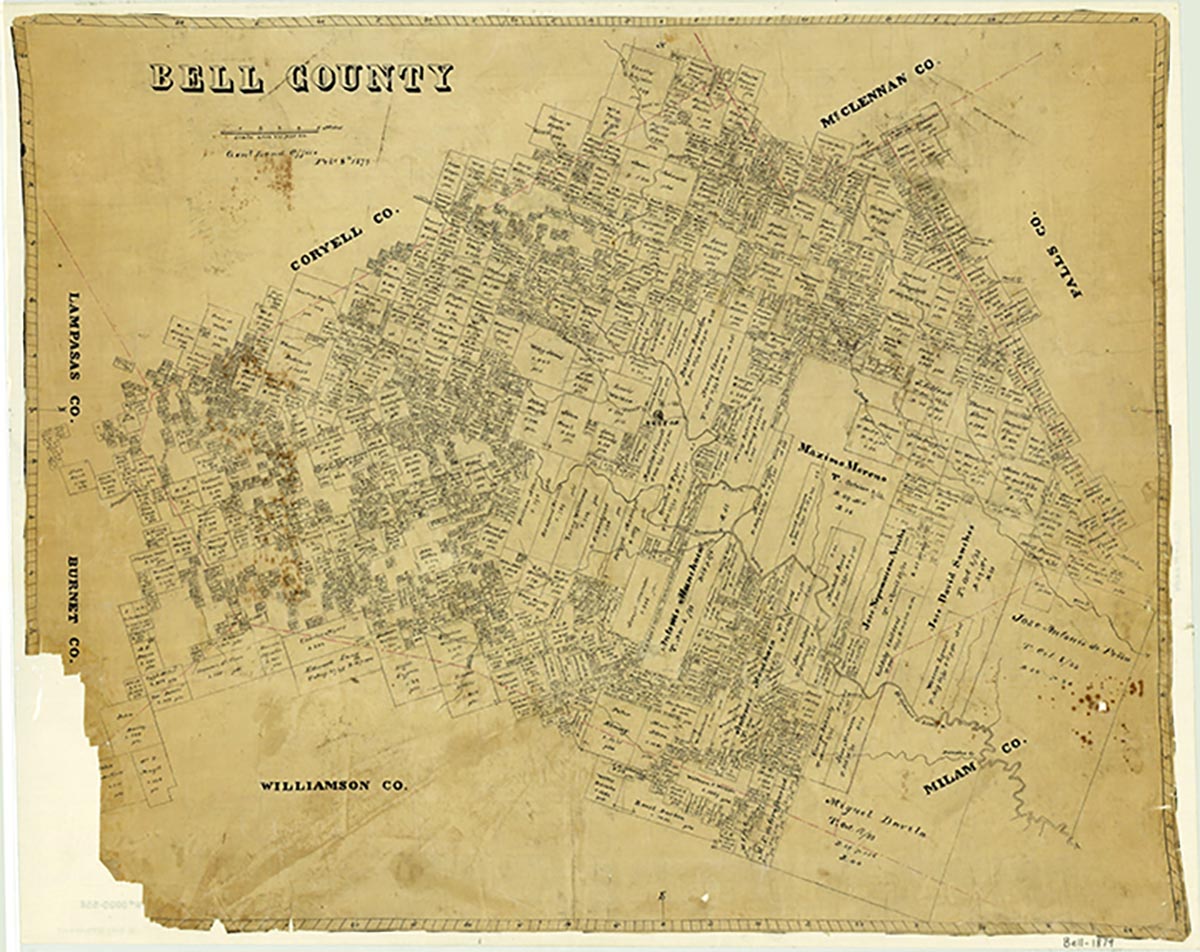Salado
Salado is a picturesque, historic village on Salado Creek just east of Interstate Highway 35 between Waco and Austin in southern Bell County. The clear, bubbling springs of the creek, which made it a favorite camping ground for Indians thousands of years before Spanish explorers arrived in Texas, have had much to do with the development of the area. Salado Creek was the first designated Texas natural landmark in 1966. The first permanent Anglo-American settler at Salado was Archibald Willingham in 1850. In 1852 a post office was established when a stage line with terminals at Waco and Austin began a weekly run, more than a half dozen years before the town was laid out. From its founding to the present, Salado has been associated with a quest for learning and an interest in the arts. The town was founded directly as a result of the establishment of Salado College. In October of 1859 Col. Elijah Sterling C. Robertson, son of empresario Sterling C. Robertson, offered to donate land north and south of the springs to a corporation to sell stock, build a college, and lay off the land into lots for a town to be called Salado. Salado prospered as an educational, industrial, and agricultural center. A series of eight flour and grist mills were built on Salado Creek. The Salado Masonic Lodge was organized in 1867, and by 1890 it had provided two grand masters to the Grand Lodge of Texas, Maj. Archibald Johnson Rose and George W. Tyler. In 1873 the first Grange in Texas was organized at Salado. In addition to helping the farmers economically, the Grange encouraged social interchange, wider reading, and more communication among the agriculturalists, who were confined physically by the routine of farm life. Two societies sponsored by Salado College added to the cultural life of the community. The Euphradians, a men's debating group, gave its members their first training in public speaking. The Amasavourian (a coined word meaning "love of knowing") Society provided women with weekly meetings at which they read and discussed books and papers, presented plays, and raised money to begin a circulating library. After the railroads bypassed Salado, trade declined, and the college (which had been supported by tuition fees) was forced to close. From 1890 to 1913 the former college building was occupied by the Thomas Arnold High School, a private academy founded by Samuel J. Jones, a former president of Salado College. Among its graduates were historian Charles W. Ramsdell and Edgar E. Witt, later lieutenant governor of Texas. The population of the town steadily dwindled until it was around 200.
In the early 1940s the Dion Van Bibber family bought the old Shady Villa Hotel and renamed it the Stagecoach Inn. They restored it and opened a restaurant which gained a national reputation and provided a well-known landmark. The opening of other businesses, including a number of antique, arts and crafts stores, a publishing business, and a high fashion dress shop, revitalized the town. In 1980 the Institute for the Humanities at Salado, under the leadership of Harry Wilmer, began offering a series of spring and fall lectures and seminars, which brought well-known figures in the arts and sciences from all over the world to Salado. These programs were featured on television's Public Broadcasting System. The development of Mill Creek residential area attracted business and retired people seeking a stimulating intellectual and cultural atmosphere in a beautiful setting. The population of Salado in 1989 was 1,500, but during such annual events as the August Art Fair, the October Christmas Bazaar, the November Gathering of the Scottish Clans, and the December Historical Homes Tour and Christmas Stroll, the small community overflows with thousands of visitors. In 1990 the population was 1,216.
Elizabeth Silverthorne | © TSHA

Adapted from the official Handbook of Texas, a state encyclopedia developed by Texas State Historical Association (TSHA). It is an authoritative source of trusted historical records.
Belongs to
Salado is part of or belongs to the following places:
Currently Exists
Yes
Place type
Salado is classified as a Town
Location
Latitude: 30.94836100Longitude: -97.52659400
Has Post Office
Yes
Is Incorporated
Yes
Population Count, 2021 View more »
2,391


